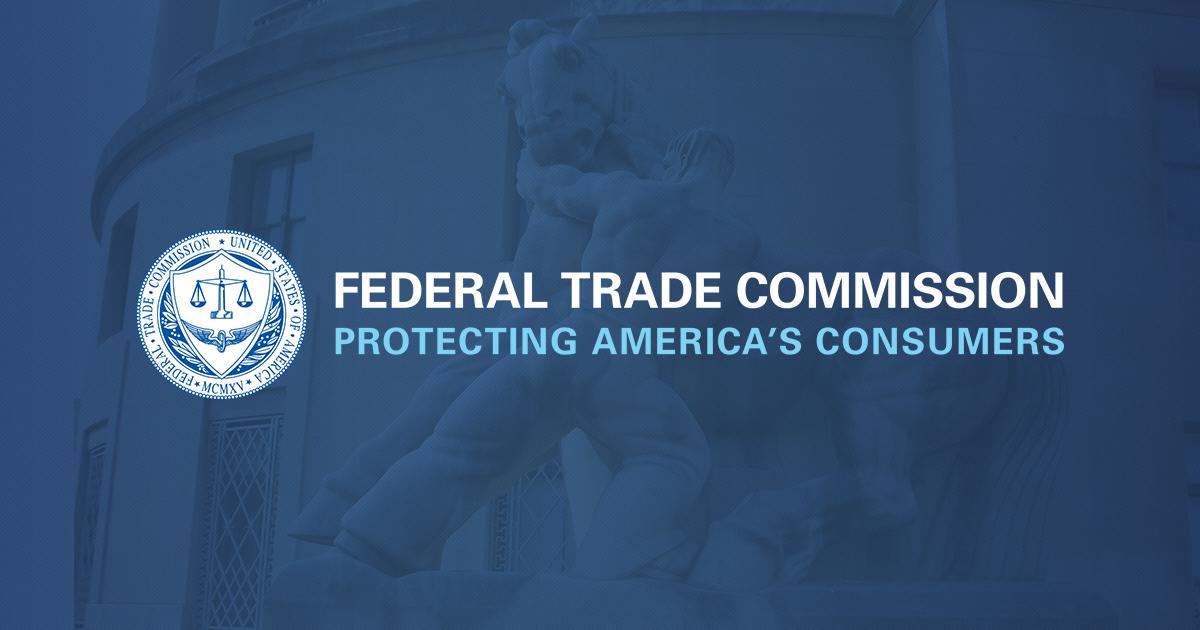The Federal Trade Commission is providing additional guidance on how the Children’s Online Privacy Protection Rule applies to the collection of audio voice recordings by organizations covered by the law, which requires certain operators of commercial websites or online services to obtain parental consent before collecting personal information from children under 13.
The FTC updated the COPPA Rule in 2013, adding several new types of data to the definition of personal information, including a photograph, video or audio file that contains a child’s image or voice, to data already covered, such as a name, address or Social Security number. This update has prompted some questions about the application of this requirement when a child’s voice is collected for the sole purpose of instructing a command or request.
In a new policy enforcement statement, the FTC noted that the COPPA rule requires websites and online services directed at children to obtain verifiable parental consent before collecting an audio recording. The Commission, however, recognizes the value of using voice as a replacement for written words in performing search and other functions on Internet-connected devices.
The FTC will not take an enforcement action against an operator for not obtaining parental consent before collecting the audio file with a child’s voice when it is collected solely as a replacement of written words, such as to perform a search or to fulfill a verbal instruction or request – as long as it is held for a brief time and only for that purpose.
The Commission noted that there are important limitations to this policy. The policy does not apply when the operator requests information via voice that would otherwise be considered personal information, such as a name. In addition, an operator must still provide clear notice of its collection and use of audio files and its deletion policy in its privacy policy. Also, the operator may not make any other use of the audio file before it is destroyed and the policy does not affect the operator’s COPPA compliance requirements in any other respect.
The Commission voted 2-0 to approve the new policy statement.
The FTC has actively enforced the COPPA Rule, bringing more than two dozen cases since it was first issued in 2000. Most recently, the FTC reached settlements with a mobile advertiser that deceptively tracked the locations of children without parental consent and against two app developers that allowed third-party advertisers to collect information about children without parental consent.
The Federal Trade Commission works to promote competition, and protect and educate consumers. You can learn more about consumer topics and file a consumer complaint online or by calling 1-877-FTC-HELP (382-4357). Like the FTC on Facebook, follow us on Twitter, read our blogs and subscribe to press releases for the latest FTC news and resources.

